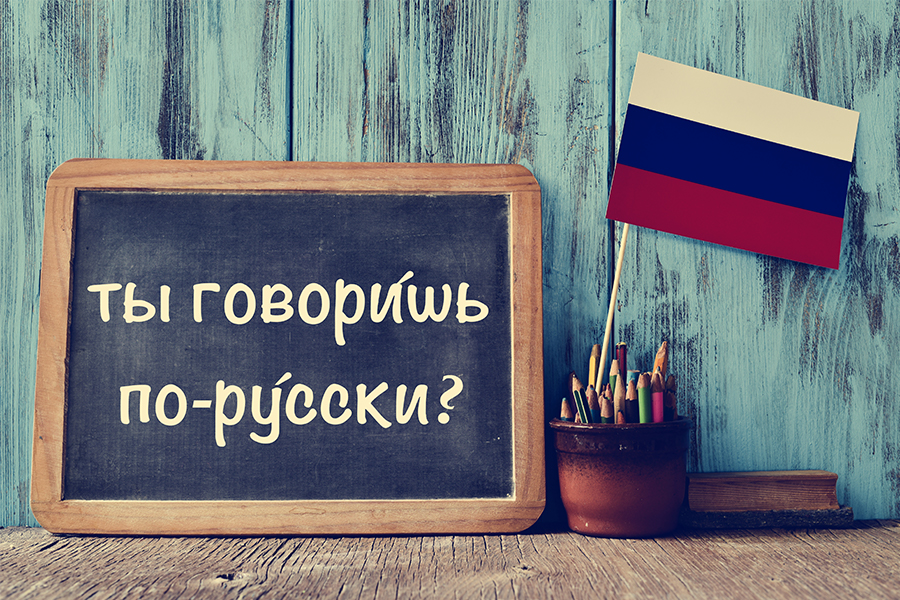
CMU Students Compete in First Western Pennsylvania Russian Speaking Olympiada
By Stefanie Johndrow
Imagine playing your favorite quiz game but only being able to speak in a foreign language.
The first western Pennsylvania Russian Speaking Olympiada, organized by the University of Pittsburgh and Carnegie Mellon University, brought together local high school and college students to test their communication skills as well as their knowledge of Russian geography, history, and culture, with students also reciting and discussing Russian poetry. Questions ranged from “What year did Peter the Great become tsar?” to “What is the mountain range running through Russia that separates Europe from Asia?” and “What are the names of three plays by Anton Chekhov?”
The Olympiada is a division of the national competition administered since 1960 by the American Council of Teachers of Russian.
Six CMU students were selected as the top competitors and received Book Prizes: Kaylyn Buford, Mikhail Gershenzon, Muling He, Trevor Lazar, John Verser and Christopher Vielott.
Throughout the daylong competition, students had the chance to engage with one another through Russian games, films, food and a live performance by the Pittsburgh Balalaika Orchestra.
“At a moment of heightened tension between the United States and Russia, it is critical to support a generation of American students interested in cross-cultural exchange,” said Tatyana Gershkovich, assistant professor of Russian Studies in the Dietrich College of Humanities and Social Sciences. “It was also a wonderful way for our students to interact with a larger community of Russian speakers in and around Pittsburgh.”
Raaga Kalva, a senior majoring in international relations and politics with a minor in Russian Studies, chose to study Russian to complement her interests in national security.
“I felt studying Russian would help me engage with my concentration area of national security in a more meaningful and robust way. I think a lot of issues we have both in political and cultural differences come from a lack of knowledge and understanding,” said Kalva who is also in the International Relations and Politics Accelerated Master Program.
She continued, “I've always felt that learning a language and learning about a different culture is a way to bridge that gap, and in terms of politics, the way to develop more lasting, holistic policy solutions to different problems. I personally also just love the opportunity to learn a different language and wanted to take advantage of the great faculty we have at CMU.”
Pictured above: A chalkboard with the question, “Do you speak Russian?”